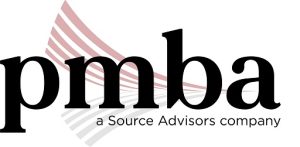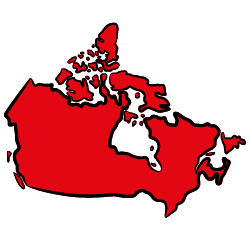System Errors
Because of incorrect system configurations, A/P system errors or general system errors result in wrong tax percentages being captured on input tax credits and sales transactions. These errors are then reflected in the company’s monthly tax returns.
Human Errors
Human errors occur because there is a need to rapidly process a large volume of A/P and sales invoices. These errors result in input tax credits missed or captured incorrectly, and sales recorded incorrectly. Naturally, human errors are magnified by inadequate tax knowledge and system errors.
Often, these compliance errors result in significant overpayments of taxes that erode the companies’ bottom line.
Today, companies realize that regularly implementing a reverse audit strategy to identify and reclaim overpayments in Canadian sales taxes is a pro-active way to be more profitable. Moreover, they consider sales tax compliance, and they mitigate the risk of further costs arising in the form of reassessment and penalties.

A 3-Phase Reverse Audit Process
Our reverse audit goal is to maximize all eligible refunds while ensuring compliance. With this in mind, our specialists perform a non-intrusive comprehensive review of all Canadian A/P, Canadian sales transactions, and Canadian sales taxes paid to identify recovery opportunities.
Phase 1
We commence our review by analyzing all the purchase and sales data and reconciling the monthly tax returns. Compliance knowledge and human errors, such as over and underpayments, missed input tax credits, incorrect currency conversion, and other issues such as various discounts and deposits, are then investigated, confirmed, documented, and supported for refund purposes.
Phase 2
Next, we identify system errors in the form of incorrect tax percentages being captured on transactions, as a result of the incorrect system configuration. This regularly occurs as a result of miscommunication between parties filing the tax returns and those calibrating the accounting systems.
Phase 3
Lastly, our comprehensive audit applies an extra audit layer to find additional recoveries with a focus on special proprietary issues outside of the regular accounts payable A/P input tax credits.
Once the audit is complete, a detailed written report is provided outlining the results which identify the areas of opportunity.
Upon client approval, our consultants prepare and file all refund claims with the tax authority and await approval of the refunds.
Our end-to-end service includes the management of all claims from start to finish and we work directly with the Canadian tax authorities should they have any questions regarding the refund claims.



